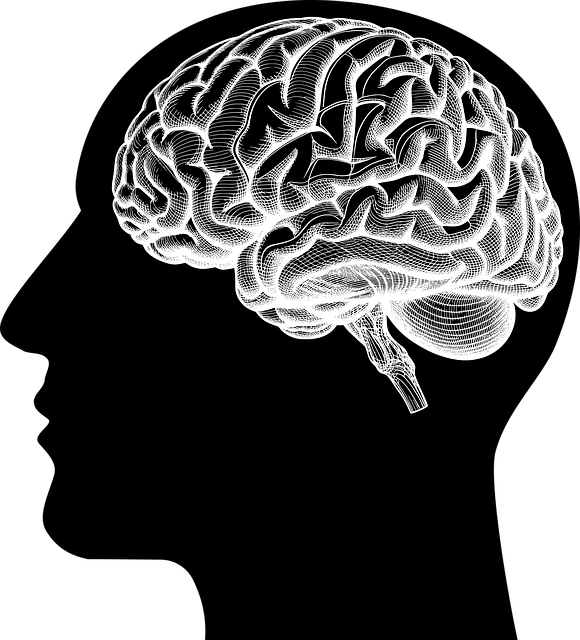The RFM (Resilience, Flexibility, Mastery) approach is a transformative strategy for addressing children's mental health challenges, focusing on building emotional resilience and adaptability. Through structured mental wellness coaching and targeted therapy for mental health evaluations, professionals equip kids with lifelong coping mechanisms to manage stress, anxiety, and trauma effectively. This holistic method, including tailored Resilience Building Exercises, empowers vulnerable children, especially those with traumatic pasts, to heal and thrive, while community outreach reduces stigma and enhances accessibility to care.
“Resilience is a powerful tool for fostering mental well-being in children, and RFM (Recovery, Flexibility, and Mastery) exercises offer a unique approach. This article explores the profound impact of RFM on children’s mental health, providing a comprehensive guide to implementing these exercises effectively. We delve into the step-by-step process, highlighting its benefits for young minds.
Additionally, we examine the critical role of therapy in integrating RFM into mental health evaluations and treatment plans, ensuring optimal child wellbeing.”
- Understanding RFM and Its Impact on Children's Mental Health
- Implementing Resilience Building Exercises: A Step-by-Step Guide
- The Role of Therapy in Integrating RFM for Optimal Child Wellbeing
Understanding RFM and Its Impact on Children's Mental Health

Understanding RFM (Resilience, Flexibility, and Mastery) is paramount when addressing children’s mental health challenges. This approach focuses on building resilience, helping kids navigate life’s difficulties with adaptability and a sense of control. By fostering emotional regulation skills through therapy for children mental health evaluations, professionals can empower them to manage stress, anxiety, and trauma effectively.
RFM strategies are integral to mental wellness coaching programs development, offering a structured framework for enhancing coping mechanisms. These exercises go beyond traditional therapy, aiming to support children in developing lifelong skills that contribute to their overall emotional well-being. Trauma support services utilizing RFM techniques can be life-changing, enabling kids to heal and flourish despite past adversities.
Implementing Resilience Building Exercises: A Step-by-Step Guide

Implementing Resilience Building Exercises involves a structured approach to enhance children’s mental health evaluations and therapy outcomes. Here’s a step-by-step guide:
1. Assess Needs: Begin by identifying the specific needs of your target group, whether it’s school-aged children facing challenges or those at risk of burnout. This informs the selection of suitable exercises tailored to their age and experiences.
2. Choose Evidence-Based Exercises: Select resilience-building activities backed by research in mental wellness coaching programs development. Techniques like mindfulness meditation, positive self-talk affirmations, and creative expression through art or storytelling can significantly contribute to crisis intervention guidance.
3. Customize for Individual or Group Settings: Tailor the exercises for either individual therapy sessions or group settings. In a group environment, activities might include team-building games or shared storytelling, fostering camaraderie while addressing mental health concerns. For individuals, personalized strategies such as journaling or guided relaxation can be more effective.
4. Train and Support Facilitators: Ensure healthcare providers and therapists are well-trained in delivering these exercises. Burnout prevention strategies for healthcare providers should include regular supervision and debriefing sessions to maintain facilitators’ resilience while supporting the children.
5. Integrate into Therapy Plans: Seamlessly incorporate the chosen exercises into comprehensive therapy plans, ensuring each session builds upon previous activities. Regularly monitor progress through mental health evaluations to adjust strategies as needed.
The Role of Therapy in Integrating RFM for Optimal Child Wellbeing

Therapy plays a pivotal role in integrating RFM (Resilience, Flexibility, and Mastery) strategies for optimal child wellbeing. Through structured mental health evaluations, therapists can identify individual children’s unique strengths and challenges, tailoring interventions to address specific needs. This personalized approach enhances resilience by equipping children with effective coping mechanisms tailored to their experiences.
In the context of trauma support services, therapy facilitates a safe space for children to process past traumas and develop healthy responses. Community outreach program implementation, coupled with mental illness stigma reduction efforts, ensures that therapy is accessible and supportive, fostering a sense of belonging and self-acceptance. By integrating RFM principles within therapeutic frameworks, professionals can contribute significantly to the holistic development and overall wellbeing of children.
In conclusion, integrating Resilient Factor Model (RFM) exercises into child mental health evaluations and therapy sessions offers a powerful approach to building resilience. By understanding an individual child’s unique RFM profile and employing structured, evidence-based techniques, therapists can empower children to navigate life’s challenges with greater adaptability and emotional strength. This comprehensive strategy, combining RFM assessment with tailored interventions, has the potential to significantly enhance therapeutic outcomes and promote long-lasting mental well-being for children. Moreover, therapy for children’s mental health evaluations that incorporate RFM can serve as a game-changer, providing effective tools to foster resilience and mitigate risks across diverse populations.










